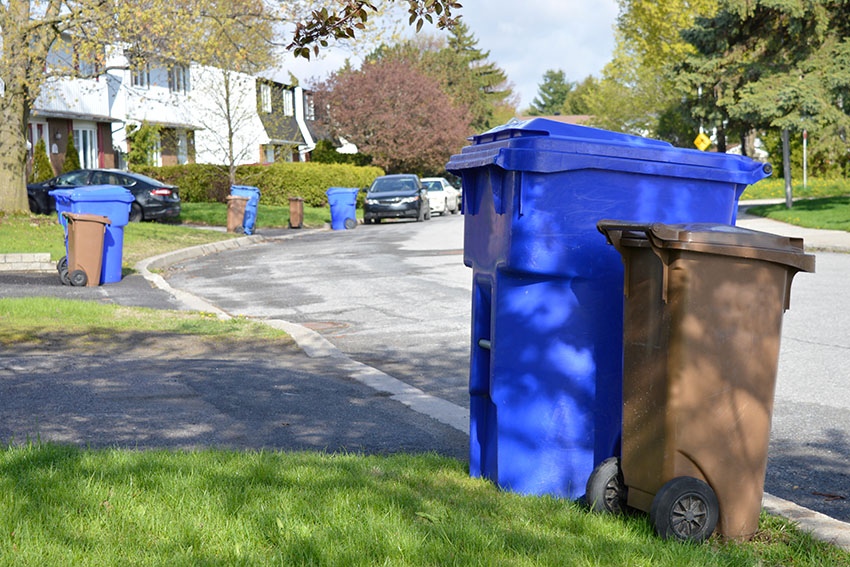
Various approaches to increasing end market material utilization are detailed in a report featuring interviews with stakeholders across the recycling chain.

Various approaches to increasing end market material utilization are detailed in a report featuring interviews with stakeholders across the recycling chain.
 Pacific Northwest recycling stakeholders met up last week to talk recycling markets, policy developments, outreach strategies and more.
Pacific Northwest recycling stakeholders met up last week to talk recycling markets, policy developments, outreach strategies and more.
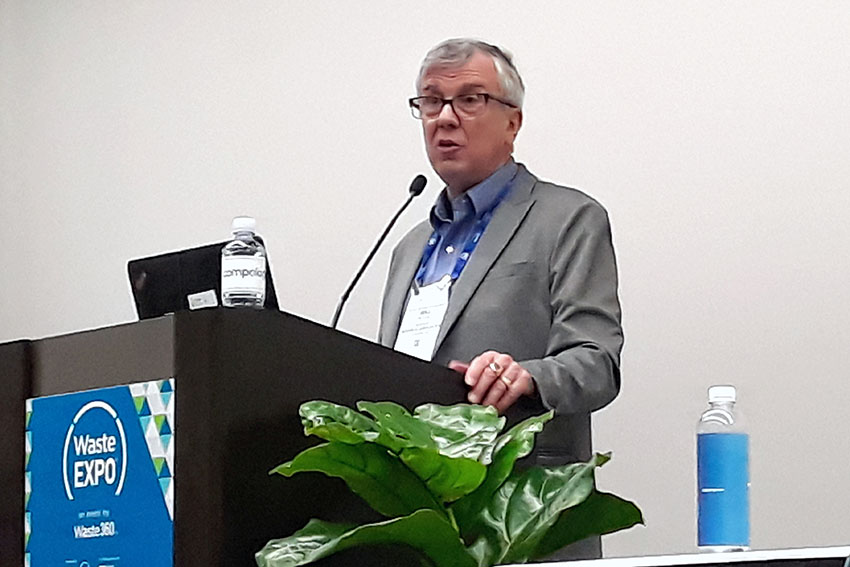
Bill Moore at WasteExpo 2019.
North America’s residential mixed-paper prices are deep in the negative numbers in some areas. That pain will likely persist for some time, one analyst predicts.
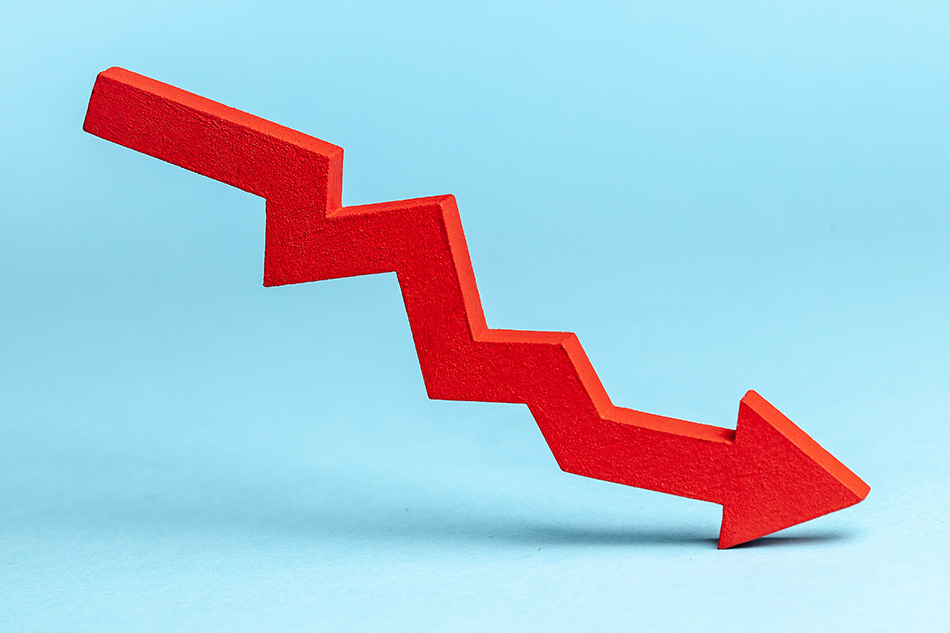 A perfect storm of industry pressures, including declines in commodity prices and rises in freight costs, led a Canadian waste and recycling firm to shutter this week.
A perfect storm of industry pressures, including declines in commodity prices and rises in freight costs, led a Canadian waste and recycling firm to shutter this week.
 Some recovered commodities have experienced market fluctuations of late, but pricing for OCC and natural HDPE has remained flat.
Some recovered commodities have experienced market fluctuations of late, but pricing for OCC and natural HDPE has remained flat.
 OCC prices have experienced a slight uptick lately, but mixed paper remains at rock-bottom values. Meanwhile, recovered PET and natural HDPE markets remain stronger.
OCC prices have experienced a slight uptick lately, but mixed paper remains at rock-bottom values. Meanwhile, recovered PET and natural HDPE markets remain stronger.
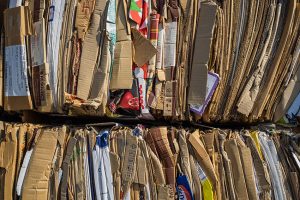 U.S. recovered paper and plastic exports each grew slightly in April, hitting their largest monthly volumes so far in 2019.
U.S. recovered paper and plastic exports each grew slightly in April, hitting their largest monthly volumes so far in 2019.

The price for OCC declined by nearly 13% over the past month. Other fiber grades also fell.
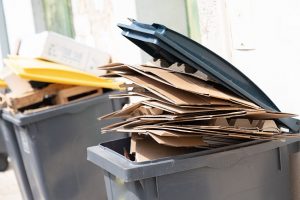
Recycling operators across the country two years ago were enjoying record high values for old corrugated containers. Now, they are either storing the material, unloading it at little profit or sending loads to disposal.
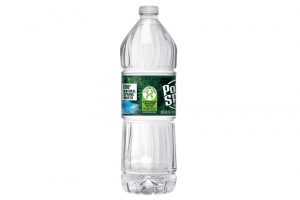 Nestlé Waters North America is betting that it can connect with consumers over the long term by using high levels of recovered material.
Nestlé Waters North America is betting that it can connect with consumers over the long term by using high levels of recovered material.

